In 1995 Ram Prasad Kadel began collecting Nepali folk musical instruments in an attempt to rescue his nation's musical heritage. The Nepali Folk Musical Instrument Museum (NFMIM) was founded in 1997 and opened to the public in 2002 and has since grown into a vibrant and dynamic institution where people interested in Nepali folk music meet daily. Ram is neither a trained musician nor an academic musicologist but he has, over the years, acquired a comprehensive knowledge of Nepal's musical instruments and musical culture. It is hoped that the publication of this book in the English Language will serve to raise international awareness of Nepal's contribution to world music and will encourage contact from music establishments and music lovers everywhere. Nepal's local music traditions serve many vital needs and purposes. In many societies, music is performed according to the ritual calendar. It accompanies human life cycle events. It relates to harvest cycles and to the changing seasons. It can be used for healing and to help access other states of consciousness. Music can be a medium of communication between the world of humans and the realm of the Gods. Musical instruments are frequently considered sacred, inhabited by Gods and treated with respect. Nepalese musical instruments are a part of the world's musical heritage. When we touch a musical instruments we are aware of the spirit of our ancestors. When we start playing or listening to a melody we hear the same sound that our ancestors heard. When we start up a rhythm we can be aware or our ancestors' footsteps. Today we can still be acquainted with the creations of our forefathers. But what will be the experience of future generations? Nepalese people believe that music represents the sky element, which surrounds our planet and is shared by all nations. All human emotions can be expressed and communicated through music.
Musical Instruments of Nepal (With CD)
Out of stock
Out of stock
Free & Quick Delivery Worldwide
reviews
Bibliographic information
Title
Musical Instruments of Nepal (With CD)
Author
Edition
1st ed.
Publisher
ISBN
9789994688302
Length
ii+xxvi+310p., Plates; Figures; Tables; Maps; Index; 21cm.
Subjects

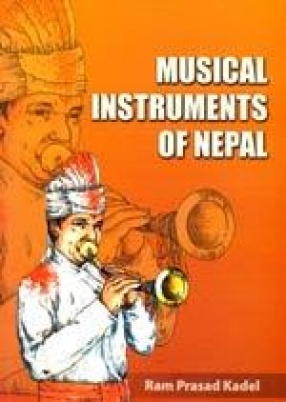
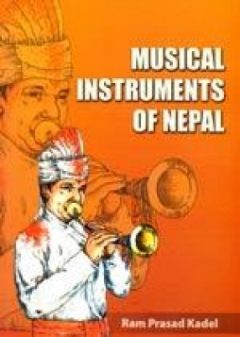
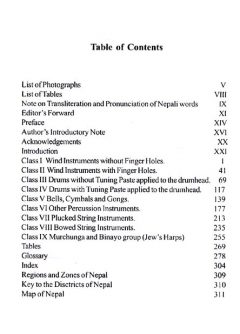
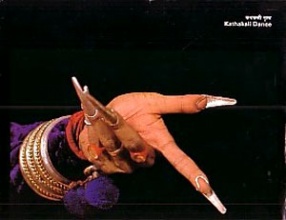
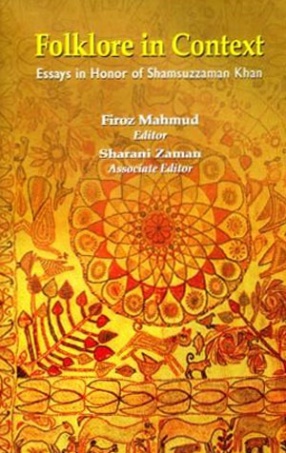
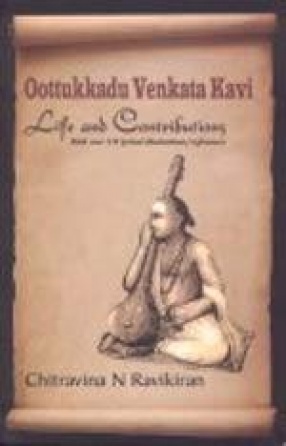
There are no reviews yet.